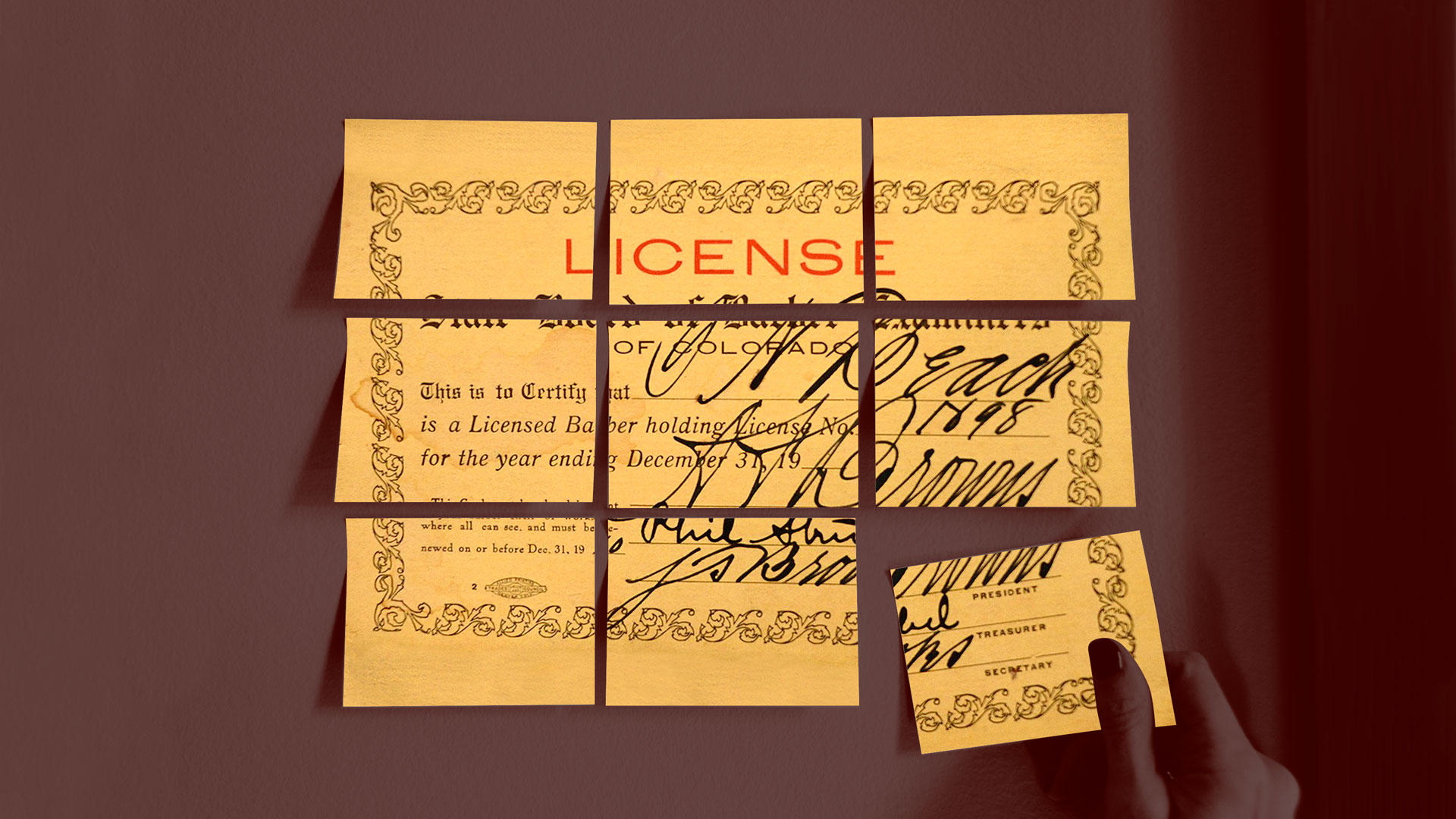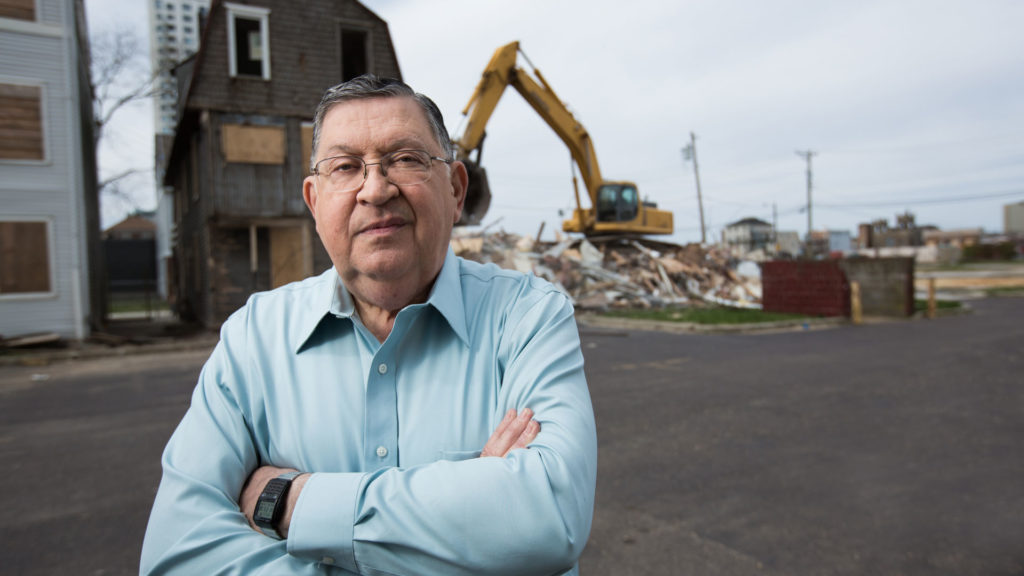For American workers looking to kickstart a new career, or move their business across state lines, the difference between a professional license and a certification is small, but significant. And for Donna Williams, that difference was life-changing.
Mrs. Williams had been a caregiver to her husband for 20 years when he passed away in 2008. Needing to find a way to pay the bills, Williams moved to Burbank, California in order to pursue her dream of becoming a makeup artist.
She enrolled in a school just a few miles from Hollywood, hoping that her education would provide a foundation for her new career. 480 hours of schooling and $25,000 in tuition fees later, she moved back to Michigan to begin putting her skills to good use.
Unfortunately, that’s where she ran into trouble. Williams soon discovered that licensing requirements in Michigan would make it difficult, if not impossible, for her to find work, despite her rigorous training.
“When I got back, I found out I can’t work in a salon because I need at least an esthetician’s license, which I can’t get because I didn’t go to esthetician school.” Becoming a licensed esthetician in the state of Michigan would require 400 more hours of schooling in a specialized program.
“I don’t want to become an esthetician. I don’t want to do facials, I don’t want to do waxing. I don’t want to do all that. I just want to do makeup,” says Williams.
Williams found herself at a crossroads. In order find work in her home state, she would need to invest significant time and money in additional training—all for a job she didn’t actually want.
“I’m going to be 67, I’m on a fixed income. I absolutely love Michigan but you just can’t make enough money this way,” she says. Williams has decided to move away from her Michigan family to live near her Las Vegas-based boyfriend, in the hopes of finding makeup jobs in the film industry. She adds, “I was born and raised in Michigan. Of course I want to stay and use my talents in my home state, but my home state makes that almost impossible.”
For too many Americans workers, this is the difficult choice created by burdensome and arbitrary licensing requirement: Wait to work, or move across the country.
If Michigan offered optional certifications instead of mandatory licenses for non-dangerous professions such as Williams’, she would probably have been able to find work in a salon easily. Instead, she could be forced to moved halfway across the country to find work for which she’s already qualified.
Millions of Americans struggling to break into a broad range of industries find themselves in a similar position. They are experienced and educated enough to capably perform in a professional role, but strict licensing rules prevent them from doing so.
There is absolutely no reason to prevent a dedicated, skilled worker like Williams, whose job doesn’t involve rigorous health or safety protocols, from pursuing her passion and building her career. Everyone deserves a chance to earn a living, but too many occupational licenses punish workers—and consumers—by enforcing arbitrary restrictions that violate common sense.

